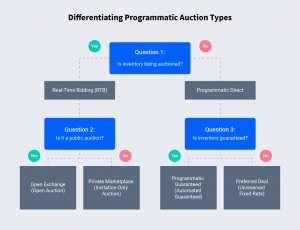— November 14, 2018

geralt / Pixabay
Remember the best-selling book All I Really Need To Know I Learned in Kindergarten? It highlighted how the rules of the sandbox apply to real life – rules like respect each other, don’t say hurtful things, and share your toys. Over the years, I’ve come to appreciate that there’s one thing that defines truly great teams – and that’s whether or not they have a set of rules to guide them. These “rules of engagement” or “operating principles” can go a long way toward minimizing team conflicts and helping people build trust.
I’ve worked with many leaders to help them define their operating principles. Here are some of the rules I like:
- We owe it to one another to communicate to each other first – good news and bad.
- We are careful not to make assumptions about each other – or our businesses.
- We focus on big issues rather than on small issues.
- We hold regular meetings, even if it’s just to share information.
- We make clear the decision-making roles of the group and individuals.
- We ask challenging questions because we need to understand each other’s priorities and portray each other in the best possible light.
- We don’t assume that something is meant in a negative way – we check our assumptions.
- It’s okay for us to say “I don’t know – I’ll get back to you in twenty-four hours.”
- If there are issues between us, then we first go to each other and discuss it. Only if we can’t resolve it on our own will we go to our boss, and we will go together. And our boss will play referee.
Whole Foods Market is an example where rules of play are in force. One of its rules deals with its vendor relationships. The rule states that employees will treat suppliers “… with respect, fairness and integrity, and expect the same in return… Any conflicts must be mediated and win-win solutions found. Creating and nurturing this community of stakeholders is critical to the long-term success of our company.”
When Whole Foods found itself in the middle of a conflict with its largest supplier, it used this rule to ensure a successful outcome. Rather than try to impose a solution, it devoted thousands of hours to communication and mediation. The result was a new agreement that both sides hailed.
Working with the management team of a software company in California, we developed four very simple operating principles:
- Rule 1: On time, on budget, no excuses.
- Rule 2: Information is to be shared, not hoarded.
- Rule 3: Bad news is not like wine. Share it right away.
- Rule 4: Conflicts can only be resolved by communication, not triangulation.
Operating principles for teams can take many forms. They can be short and sweet; they can be long and detailed. The important point is to take the time to define them. You wouldn’t play a game of baseball or football without defining the rules. It’s no different for the workplace.
Download the PDF – Five Habits of Highly Effective Teams
This post was originally published at Leading-Resources.com.
Business & Finance Articles on Business 2 Community
(151)
Report Post





